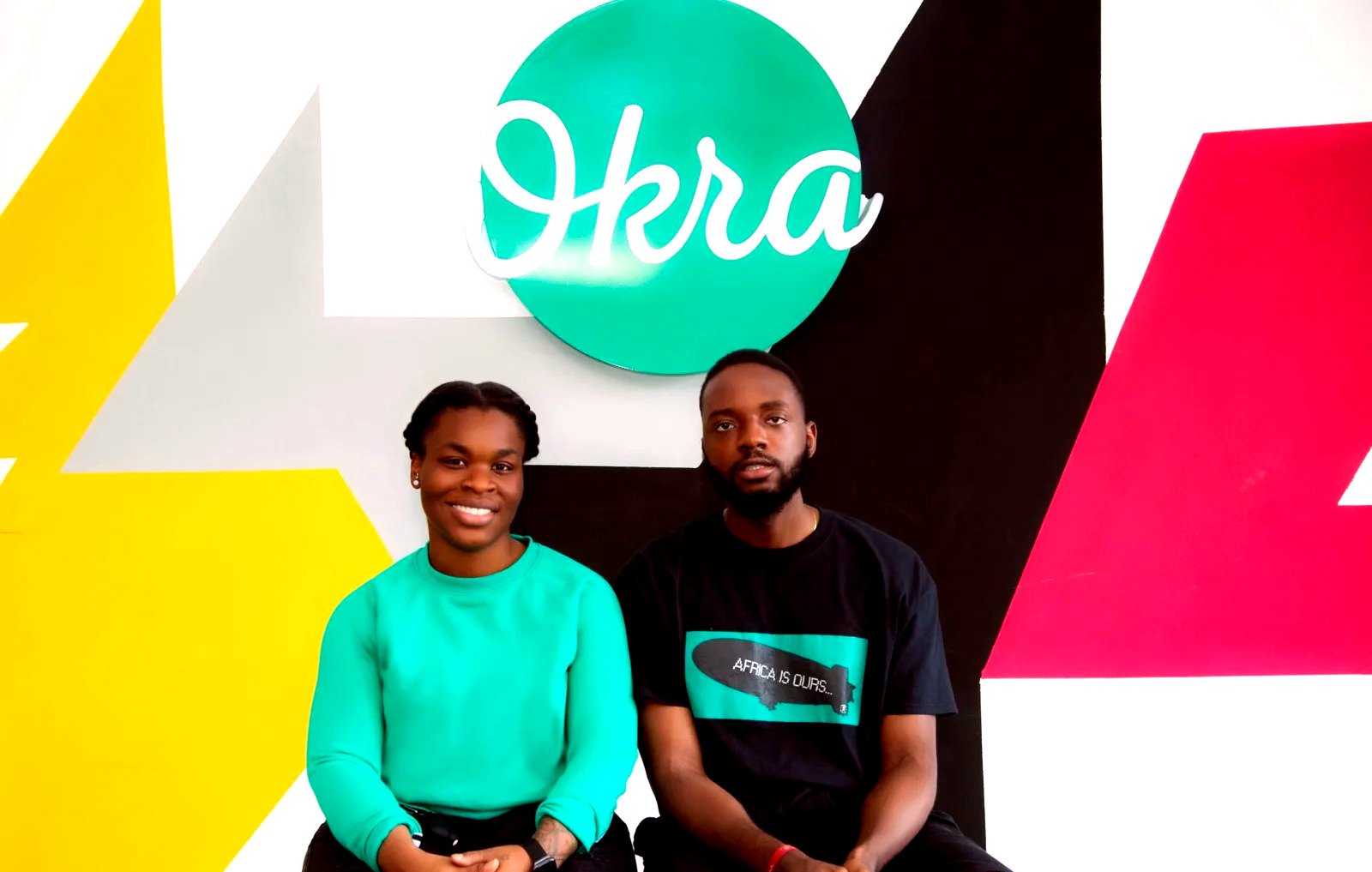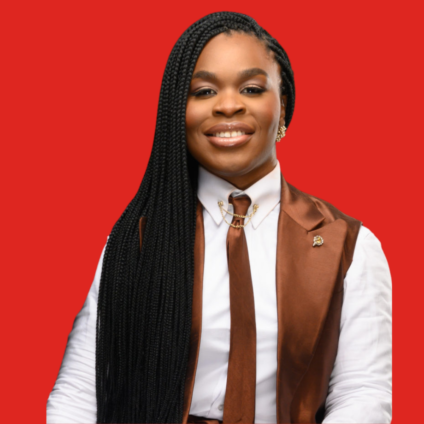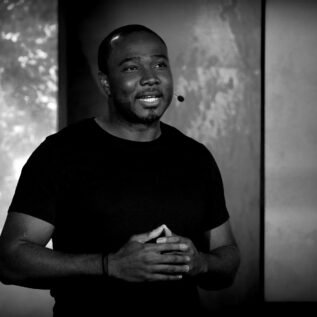
The venture capital landscape for Black women entrepreneurs remains strikingly challenging, as evidenced by the findings of the 2016 ProjectDiane study conducted by digitalundivided..

This landmark study illuminated the disheartening realities faced by Black women in securing venture capital (VC) funding. Despite significant efforts to pivot the startup culture toward inclusivity, Black women remain dramatically underrepresented, receiving a minuscule fraction of the overall VC funding.
The ProjectDiane study revealed that, between 2012 and 2016, Black women founders received just 0.006% of $424.7 billion in total venture capital funding. This staggering statistic paints a harsh picture of the obstacles these women encounter, underscoring the systemic inequities prevalent in the tech and entrepreneurial ecosystem. Furthermore, a mere 61 Black women-led startups were able to secure funding during that period, indicating that significant barriers to entry persist, limiting access to vital financial resources.
These challenges are multifaceted, often compounded by intersectional biases based on both gender and race. The structural challenges faced include limited access to networks and mentors, disproportionate scrutiny, and discrimination in investment practices. Additionally, while the startup ecosystem has shown some progress in fostering diversity and inclusion, the advancement has been gradual and uneven, highlighting the need for sustained and deliberate efforts.
It is within this context that Fara Ashiru Jituboh’s success in raising $1 million for her fintech startup, Okra, stands out as a formidable achievement. Her accomplishment not only underscores her astute entrepreneurial acumen but also serves as a beacon of hope and inspiration for other Black women aspiring to carve out their space in the entrepreneurial domain. Jituboh’s journey with Okra embodies the potential for disruption and innovation that Black women can bring to the African tech and fintech sectors, reinforcing the urgency for more equitable distribution of venture capital funding.
By breaking through these entrenched barriers, figures like Jituboh shine a critical spotlight on the need for ongoing institutional changes and support mechanisms that can foster a more inclusive environment for Black women entrepreneurs. Initiatives like ProjectDiane and organizations such as digitalundivided are pivotal in driving these conversations forward, facilitating a pathway towards a more equitable venture capital ecosystem.
Fara Ashiru Jituboh: Early Exposure and Entrepreneurial Beginnings

Fara Ashiru Jituboh’s journey into the world of technology and entrepreneurship has its roots in her diverse upbringing across three countries: Nigeria, Saudi Arabia, and the United States. Born in Nigeria, Fara was early exposed to a multicultural environment that significantly shaped her perspective on innovation and persistence. Her father, an early adopter of technology, played a pivotal role in her first encounter with computers and the digital world. It was through his forward-thinking approach that the seeds of Fara’s future endeavors were sown. The accessibility to computers and the internet was not commonplace at the time, especially in Nigeria, but her father ensured that she had the tools to explore this new frontier.
By the early age of eight, Fara’s entrepreneurial spirit had already begun to manifest. She embarked on her first business ventures, displaying a rare blend of creativity and business acumen for such a young age. This was more than just child’s play; it was the early indication of a promising entrepreneurial journey that would later lead to significant contributions to African tech.
Her fascination with technology deepened as she delved into the world of coding. By the age of 13 or 14, Fara had already begun to experiment with coding, a pursuit that was fueled by her innate curiosity and the encouragement she received at home. Her proficiency and dedication to coding led to noteworthy achievements in online coding competitions. These accomplishments not only honed her technical skills but also built a strong foundation for her future ventures in fintech.
This early and diverse exposure to technology, combined with her natural entrepreneurial drive, set Fara Ashiru Jituboh on a path to becoming a key figure in the African tech landscape. Her journey is a testament to the transformative power of early access and encouragement in the fields of science, technology, engineering, and mathematics (STEM). Each step of her early life—from mastering digital skills to establishing her entrepreneurial identity—contributed to the visionary leader she would become, ultimately co-founding Okra to empower African fintech.
From JP Morgan to Fintech Innovator: The Genesis of Okra

Fara Ashiru Jituboh’s journey into the fintech world is rooted in a solid academic foundation and corporate experience. Her educational tenure at North Carolina State University provided her with robust technical and analytical skills, grounding her in computer science and engineering principles. After completing her studies, she transitioned into the professional realm, joining JP Morgan as a software engineer. At JP Morgan, Jituboh made significant contributions, notably the development of a sophisticated document versioning tool. This experience honed her skills in problem-solving, teamwork, and technological innovation.
However, Jituboh’s ambition extended beyond the confines of corporate America. In 2014, she returned to Nigeria, where she quickly identified a stark absence of efficient financial technology infrastructures. Despite the booming fintech ecosystem, there existed profound inadequacies in connectivity and integration among financial institutions. These gaps impeded the seamless flow of financial data, frustrating both businesses and consumers. Recognizing this pressing need, Jituboh envisioned a comprehensive solution that would transcend the limitations of a standalone product.
Thus, Okra was conceptualized as an infrastructure enabler, designed to bridge the fragmentation in Nigeria’s financial sector. The core idea revolved around creating a unified API banking solution capable of bringing different financial entities under a cohesive framework. By offering a seamless, secure, and reliable platform for data exchange, Okra aimed to empower businesses to innovate rapidly, foster higher transparency, and enhance operational efficiency. This venture not only positioned Jituboh as a pivotal figure in the African tech landscape but also underscored the transformative potential of digital solutions in driving financial inclusion.
Through Okra, Fara Ashiru Jituboh continues to champion the cause of technological advancement in the African fintech sector. Her journey from a developer at JP Morgan to a fintech pioneer illustrates a trajectory defined by vision, resilience, and a fervent commitment to catalyzing change. Okra stands as a testament to her dedication to creating infrastructure that supports sustainable growth and unlocks new opportunities for African economies.
Overcoming Challenges and Leading with Vision: The Future of Okra

Fara Ashiru Jituboh has navigated numerous obstacles as a female CTO in the predominantly male-dominated tech industry. Her journey is a testament to perseverance and vision, especially in the face of gender bias and skepticism regarding her technical abilities. Despite these challenges, Jituboh has successfully positioned Okra as a pioneering force in the African fintech space.
Under Jituboh’s leadership, Okra has achieved significant milestones that underscore the company’s commitment to providing innovative technology solutions tailored to the African market. One of the key differentiators for Okra is its flexible pricing model, which has been instrumental in attracting a diverse range of clientele. This approach not only democratizes access to financial technology services but also significantly enhances the financial inclusion of underserved communities across the continent.
Jituboh’s vision for Okra transcends conventional business metrics; she is deeply invested in creating a sustainable and impactful tech ecosystem in Africa. Her approach has seen Okra’s clientele grow rapidly, including partnerships with prominent banks and financial institutions. This growth reflects the trust and credibility that Okra has built under Jituboh’s stewardship.
Looking ahead, Jituboh envisions Okra becoming a market leader within the African fintech landscape. Her leadership style, marked by a deep understanding of both technology and market dynamics, positions Okra well for sustained growth and innovation. With a solid foundation and clear strategic direction, Okra is poised to drive significant advancements in the African tech sector, exemplifying the potential for indigenous tech solutions to address local challenges effectively.
Jituboh’s journey, as highlighted in initiatives like ProjectDiane and DigitalUndivided, encapsulates the broader narrative of African tech entrepreneurs breaking barriers and redefining possibilities. As Okra continues to expand its footprint, it stands as a beacon of what visionary leadership and unwavering commitment can achieve in the realm of African fintech.









